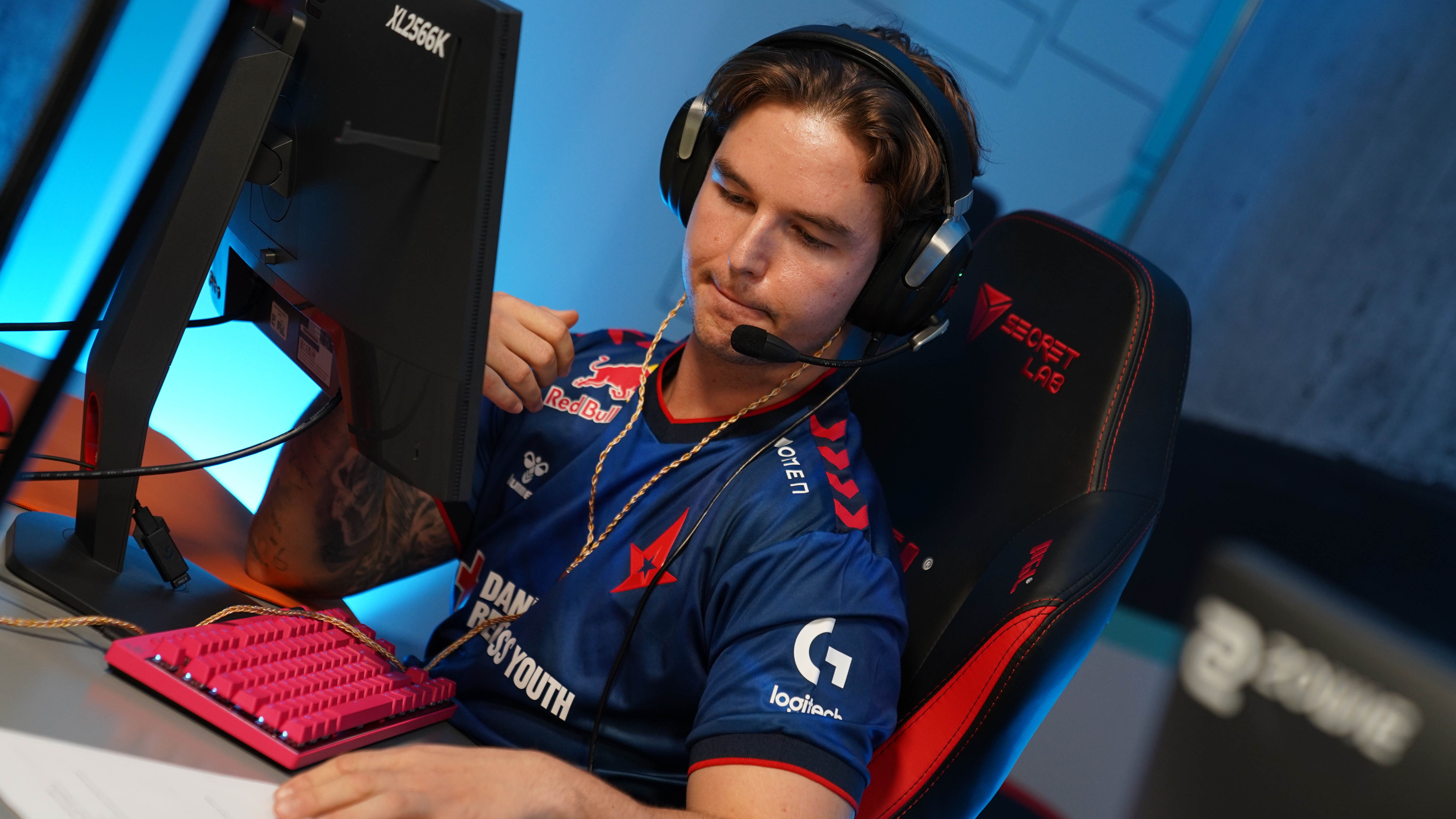CamiForm: Your Source for Diverse Insights
Exploring a world of information across various topics.
Leading from the Front: Secrets of a Successful CS2 IGL
Unlock the secrets of becoming a top CS2 IGL and lead your team to victory! Master strategies and elevate your gameplay now!
Mastering the Meta: Key Strategies for CS2 IGLs
As an In-Game Leader (IGL) in Counter-Strike 2 (CS2), mastering the meta is essential for achieving success. Understanding the current game dynamics, map layouts, and weapon balancing can provide a competitive edge. Key strategies include consistently analyzing patch notes and leveraging community insights to stay updated on the evolving game landscape. By implementing a mix of aggressive and defensive plays based on the current meta, an IGL can guide their team more effectively through high-pressure situations. Regular practice sessions focused on team synergy and communication can also ensure that all members are aligned with the strategic direction.
Another vital aspect of mastering the meta involves adaptability. An effective IGL must be willing to revise strategies based on opponents' play styles and their individual team's strengths. It is wise to develop a flexible playbook that can incorporate various tactics suited for different matchups. Consider organizing team discussions to evaluate each match’s performance, emphasizing the importance of learning from both victories and defeats. By fostering an environment where players feel comfortable sharing ideas and adjustments, an IGL can significantly enhance their team's performance in CS2.

Counter-Strike, a tactical first-person shooter franchise initially released in 1999, has captivated a global audience with its intense gameplay and teamwork. Players can participate in various game modes, including competitive matches, and enhance their experience with unique items such as weapon skins. One popular option for players to acquire new skins is through a CS2 Skins Giveaway, where users can win rare and coveted designs, adding a personalized touch to their gameplay.
The Importance of Communication: How to Lead Your Team Effectively
The importance of communication in leadership cannot be overstated. Effective communication serves as the backbone of a strong team dynamic, allowing leaders to convey their vision, set clear expectations, and inspire their team members. Regular communication fosters an environment of trust and transparency, which is essential for team cohesion. According to a study by the Harvard Business Review, teams with open lines of communication are 25% more productive than those with poor communication practices. To lead your team effectively, consider implementing daily check-ins and utilizing collaborative tools that bridge gaps in communication.
Furthermore, leaders must hone their listening skills to fully understand their team's needs and perspectives. This involves not just hearing but actively engaging in conversations and seeking feedback. As communication is a two-way street, fostering a culture where team members feel comfortable sharing their ideas can lead to innovative solutions and enhanced morale. Remember the three key components of effective communication: clarity, consistency, and compassion. By making these principles a priority, you can lead your team effectively and create an atmosphere that encourages both personal and professional growth.
Common Pitfalls for IGLs in CS2 and How to Avoid Them
Being an In-Game Leader (IGL) in CS2 is no small feat, and there are several common pitfalls that can hinder a team's performance. One significant mistake is failing to maintain effective communication with teammates. Clear and concise communication can make the difference between victory and defeat. To avoid this, IGLs should establish clear communication protocols, ensuring that each team member understands their role and the strategies being employed. Implementing a system like ‘callouts’ during crucial moments can keep everyone on the same page and enhance teamwork.
Another frequent challenge for IGLs is becoming overly rigid with strategies. It’s essential to adapt and react to the dynamic nature of the game. A successful IGL should remain flexible, adjusting tactics based on the evolving situation in the match. To counteract this pitfall, IGLs can practice reading the game and analyzing opponents' play styles. Regularly reviewing past games and discussing alternative strategies during downtime can provide insight into better decision-making in the heat of competition. By cultivating this adaptability, IGLs can guide their teams more effectively through varying situations in CS2.